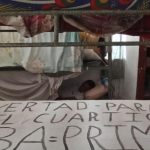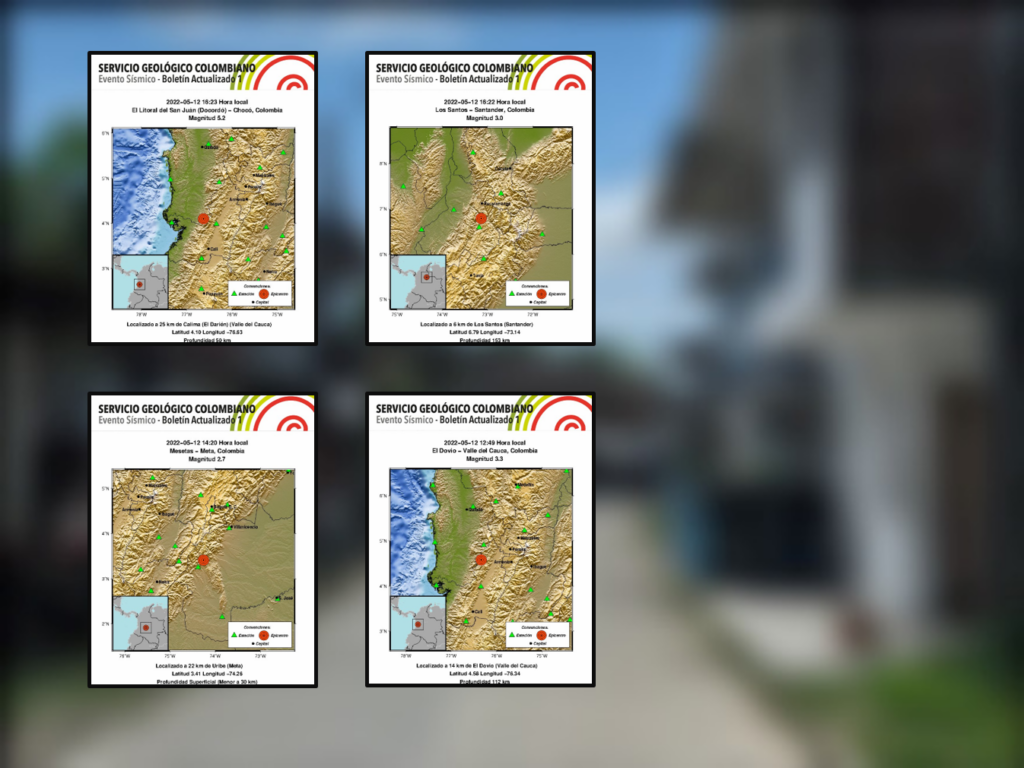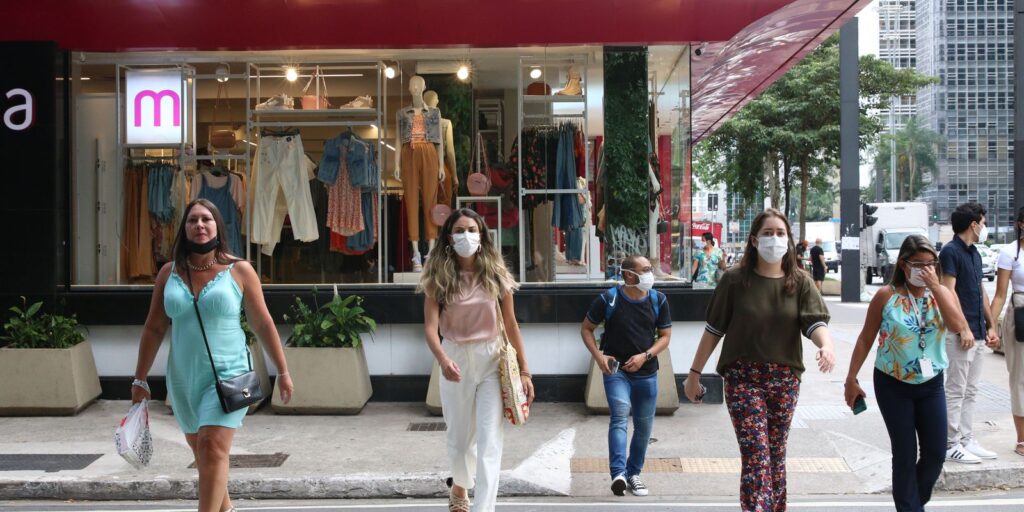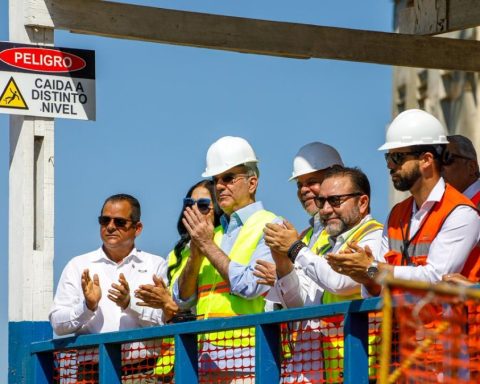The Minister Secretary General of the Government, Camila Vallejo, referred to the statements made by the leader of the Arauco Malleco Coordinator (CAM), Héctor Llaitul, who made a call to “organize the armed resistance” of the Mapuche people against the Executive’s project that seeks protect the roads in the southern part of the country.
“We want to be very emphatic in pointing out the objective of the measures we are adopting in relation to La Araucanía, the Wallmapu territory, and how we want to deal with issues related to security and free movement on the routes,” he said.
“That is important so as not to get confused, because the Government, through its actions, is never looking for any type of confrontation. Quite the contrary, we have been very emphatic in pointing out that our path is dialogue, and that is what we have been working towards. address the underlying problems,” he added.
In this sense, the Secretary of State recalled that “yesterday we held a session of the Conadi Council, where we are working on a land restitution policy so that the resources for the purchase of land for the original peoples are executed and we are working with other ministries so that the State can reach the communities”.
For Vallejo, there are shortages in schools, rural drinking water, housing and road improvements, “because we have a debt as a State with respect to those communities. But we cannot do it if the routes are interrupted, limited by issues associated with criminal acts, as well as the truckers’ strike”.
“That is why this measure that we are exploring of a law for the protection and safeguarding of routes, which is in the process of dialogue with parliamentarians. That is the origin and the need to advance in a policy of protection of routes, to be able to guarantee free movement and ensure that those demands can be met by the State,” he said.
“It is in no case a confrontational measure and whoever wants to take it that way is very wrong”, along with emphasizing that the CAM’s position is “absolutely reprehensible, it is not part of our policy and we are going to insist on generating spaces for dialogue, but also when we have to make use of what the rule of law and the law gives us”.


















